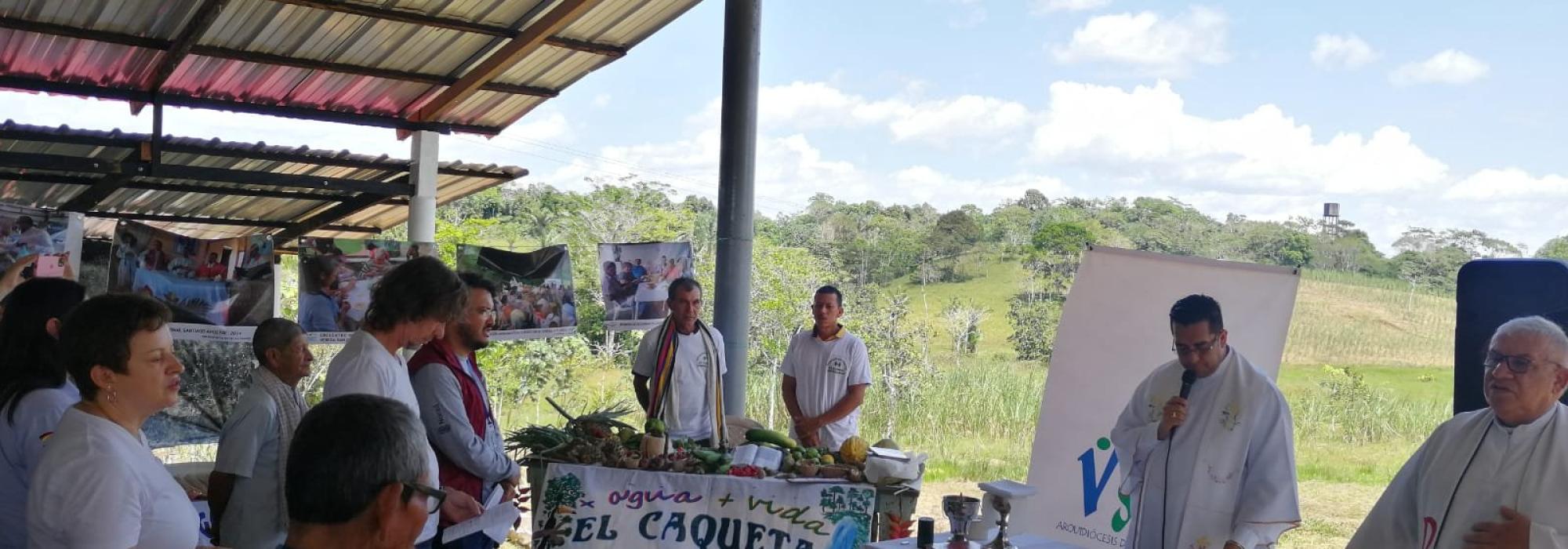
Faith Communities Defending Life and Territories in Latin America
Key Details
The World Resources Institute and the Laudato Si’ Research Institute, in partnership with local researchers and communities in Brazil, Colombia, and Mexico, are delighted to invite you to the online launch of a report on how religious actors help shape strategies for peaceful resolutions to socio-environmental disputes in their regions. To register to attend, please click here.
The webinar will have simultaneous interpretation between English, Spanish, and Portuguese. Information on the event in Spanish is available here; information in Portuguese is available here.
-
What is this webinar about?
Our research shows that faith communities are important, yet often neglected, actors in socio-environmental disputes. The report analyses how these civil society actors bring a spiritual-symbolic dimension to their defence of human rights and territories, and how these inform unique strategies of defence.
This webinar will include a presentation of the report findings, together with brief reflections from representatives of the faith, ecology, and human rights sectors. It will conclude with an engaging discussion with the audience on the stories and strategies found in the report.
This report arises from the LSRI research project Faith-Based Participation in Natural Resource Governance, conducted in partnership with the Faith & Sustainability Initiative of the World Resource Institute, and funded by the Natural Resources and Climate Change Program of the Ford Foundation.
-
How can I attend?
The webinar will take place online on 26 June at 16.00 PM London / 9:00 AM CDMX / 10:00 AM Bogotá / 11:00 AM New York City / 12:00 PM São Paulo
To register to attend, please click here.
Invitation for the launch event
Related LSRI Publications
Briefing Note 7 on Hope and Integral Ecology
This Briefing Note 7 is related to the project on faith communities defending life and territories. It examines the virtue of hope in the context of contemporary socio-ecological challenges.
- It highlights some insights from two sources: theological understandings of hope, particularly in the works of Aquinas, Moltmann and Rahner;
- and the embodiment of hope in the actions of local communities in a specific case of social and ecological destruction in the Brazilian Amazon.
- It concludes by drawing some implications of the virtue of hope for academic research on integral ecology.


